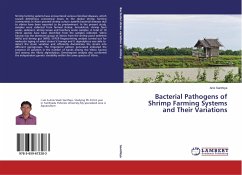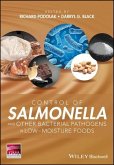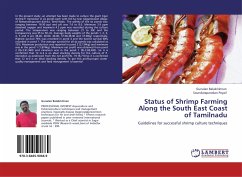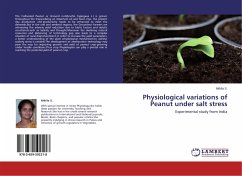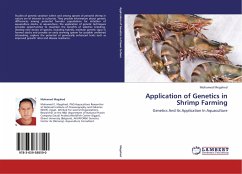Shrimp farming systems have encountered various microbial diseases, which caused deleterious economical losses to the global shrimp farming communities In Asian penaeid shrimp culture systems bacterial diseases due to vibrios have been reported to be predominant. In the present study, samples were collected from farmed shrimp, broodstock, shrimp farm water, sediment, shrimp larvae and hatchery water samples. A total of 10 Vibrio species have been identified from the samples collected. Vibrio harveyi was the dominant group of vibrios from the shrimp pond sediment (40%) and shrimp gut (40%). IS-PCR fingerprinting analysis carried out for molecular typing of select strains V. harveyi and V. alginolyticus was able to detect the strain variation and efficiently discriminate the strains into different genogroups. The fingerprint pattern generated indicated the presence of variation in the number of bands among the Vibrio harveyi and among the Vibrio alginolyticus. Dendrogram analysis also confirmed the independent genetic variability within the same species of Vibrio.
Bitte wählen Sie Ihr Anliegen aus.
Rechnungen
Retourenschein anfordern
Bestellstatus
Storno

